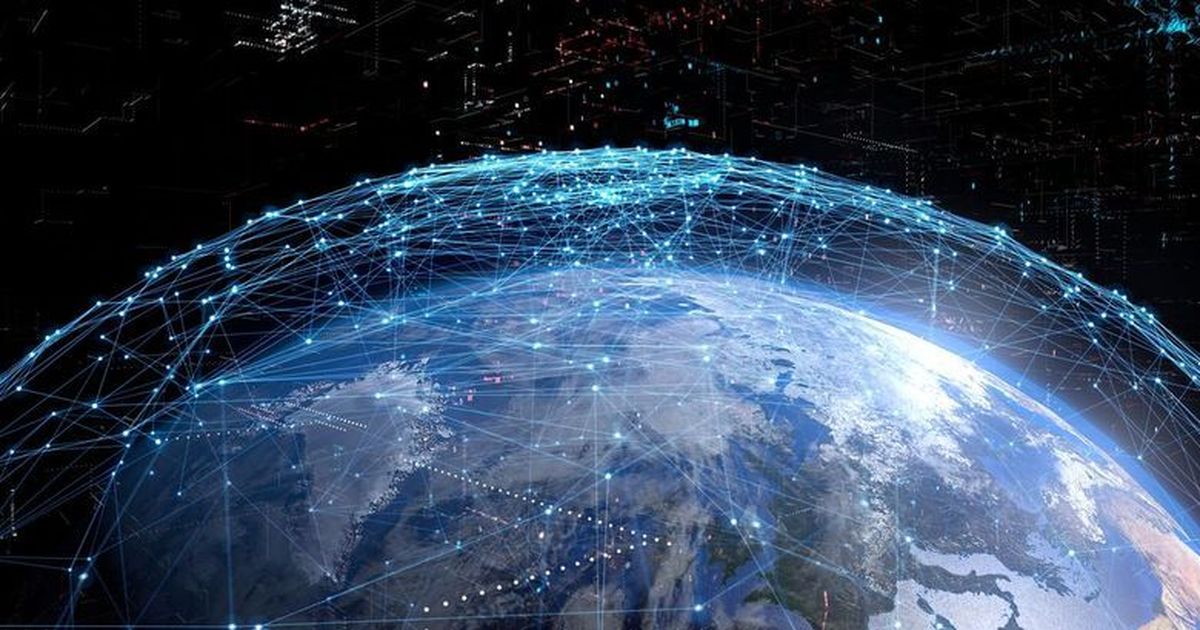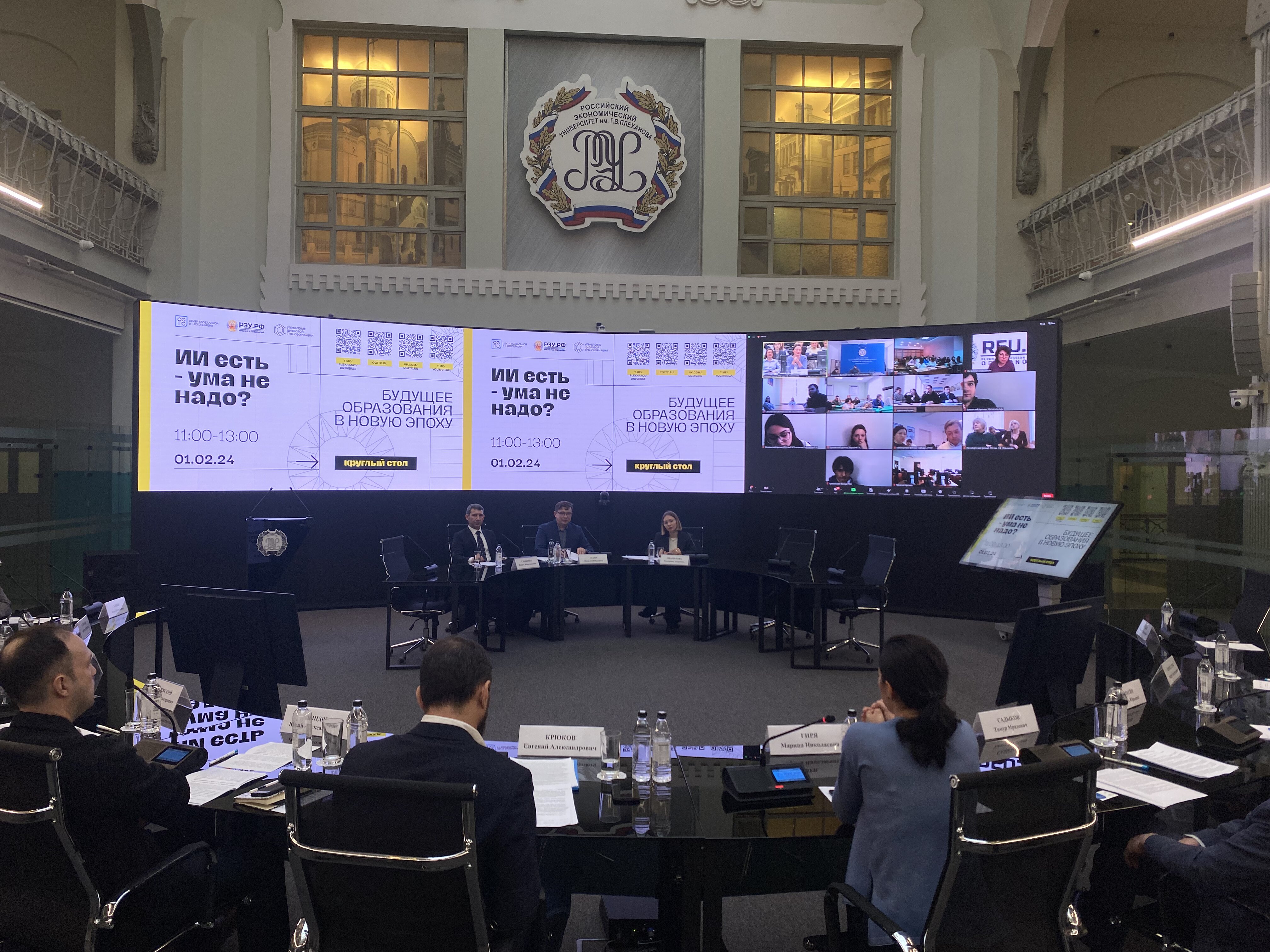The study analyses the current measures and mechanisms for regulating the digital space in the focus countries. According to this analysis, a new trend has emerged in the world for the gradual transfer of the norms of traditional law to the digital environment. Currently, in most countries, emerged a special branch of legislation that regulates legal relations on the Internet (cyber law, Internet law). The key task of legal regulation of the Internet is not only to establish requirements for participants in legal relations (owners of Internet sites, telecom operators, hosting providers, etc.) but also to develop effective mechanisms for fulfilling these requirements. This suggests that the unshakable principle of preserving the "territory of freedom" for the Internet is gradually being replaced by economic expediency and the interests of states in the field of information security and cybersecurity. The practice of encouraging digital platforms to rigorously comply with the laws of the countries in which they conduct operations is becoming the norm. In addition, there is a request for the formation in national jurisdictions of a new and clear "rules of the game" for owners and operators of digital platforms and services, that would also meet the interests of society.
Foreign regulators and legislators see an increase in the degree of responsibility of digital platforms for posted content as one of the effective measures to combat illegal content.
“A number of countries are adopting laws aimed at introducing additional mechanisms and measures to regulate content on the Internet. These measures are aimed at countering the dissemination of illegal information in the digital environment. World experience shows that national jurisdictions, introducing legislative regulation of the activities of IT giants, don’t leave issues of countering prohibited content only at the discretion of digital platforms, their internal rules are not enough to prevent harm to Internet users. In addition, it is important for national jurisdictions that international platforms open their offices in their countries, with which national regulators could conduct a dialogue. Such a law has already been adopted in our country, and, at the moment, we should see how it will work. The expert community sees a number of other problems in the regulation of this area, which is why it is so important to continue working, study international experience, and find ways to solve these issues,” emphasizes the Dean of the HSE Faculty of Law, head of the working group of the Civic Chamber of the Russian Federation on legislation in the field of Internet technologies and digitalization Vadim Vinogradov.
“Global digital space and activities of transnational corporations in a virtual environment have been in a certain legal vacuum for a long time, i.e. outside the field of a direct action of most of the norms of traditional branches of law. This state of affairs has led to an avalanche-like growth in influence and capitalization of leading IT companies and their digital platforms, comparable even to the GDP of certain countries. This, in turn, is in direct conflict with the national interests of most countries in the world, striving to prevent the erosion of their own digital sovereignty and the withdrawal of superprofits abroad. In this sense, the experience of foreign partners in maintaining control over their own digital information space is indicative, and in a number of aspects, can be explicated to Russian specifics,” stated Vadim Glushchenko, Director of the Center for Global IT-Cooperation.
The study can be used as an expert material in the formation of a national regulatory regime for the activities of foreign digital platforms, information services and electronic media in the Russian Federation.





